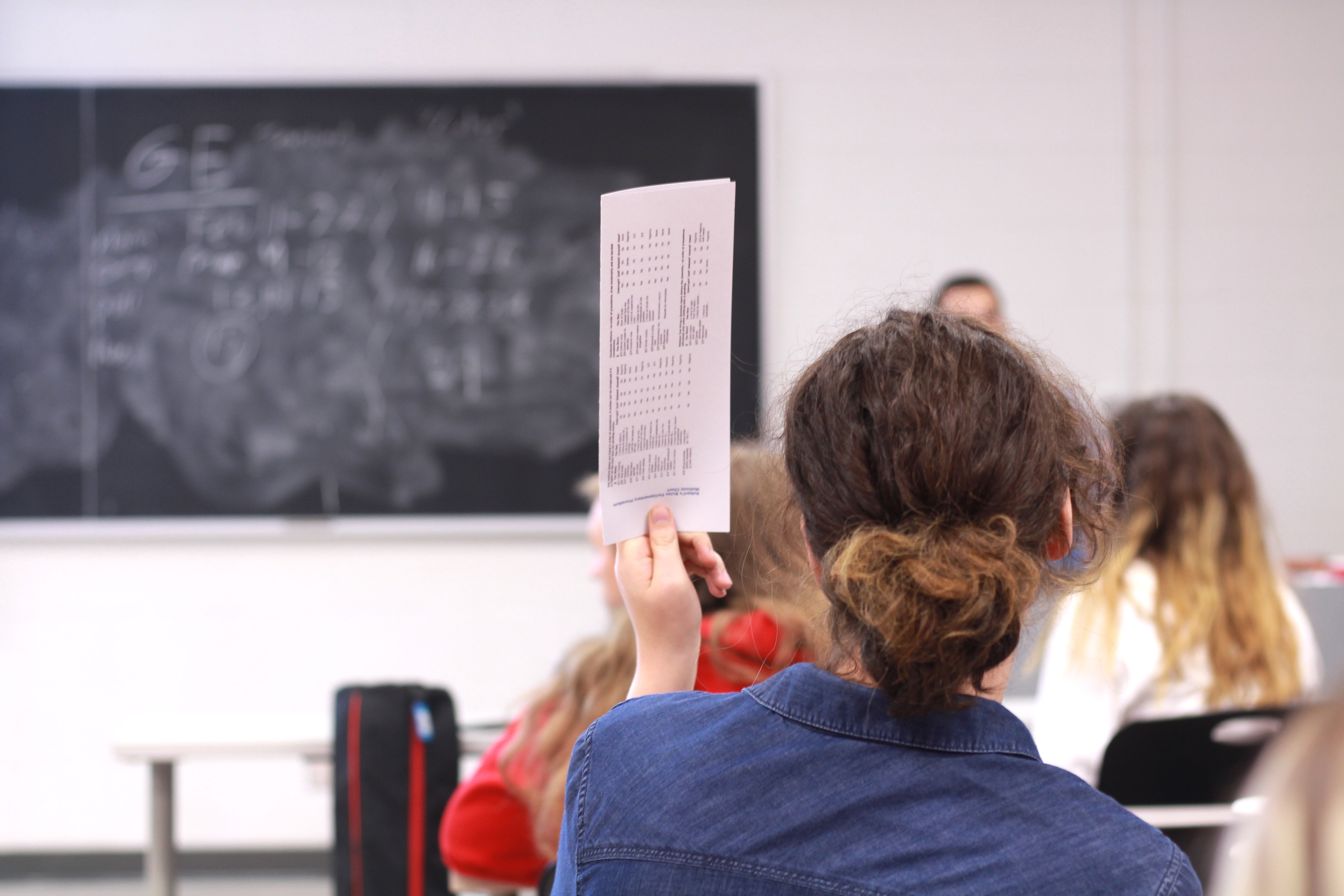The November by-elections for the Arts and Science Federation of Associations (ASFA) will be conducted entirely through electronic voting, thanks to a motion passed by council last week.
On Thursday, Sept. 20, council approved a motion to implement electronic voting and, following the elections, conduct a review of the results for future elections.
MyVote, the system chosen by ASFA’s Ad-Hoc online voting committee, allows voters to cast their ballots on their mobile devices or desktop computers. Electronic voting booths will also be installed on campus.
Alex Karasick, chair of ASFA’s online voting committee, said the system could be implemented in time for November’s elections and would cost less than $1,000. By comparison, the federation spent more than $9,500 on last year’s by-election, according to an end-of-year financial report.
The motion passed after more than 45 minutes of debate in council. Irish Studies Student Association councillor Margot Berner, who voted against the motion, expressed concern that voting electronically would compromise election security.
Karasick said the risk of a by-election being tampered with was low. “It’s a by-election, so no one cares,” he said.
“What we want to do here is determine whether or not online voting is feasible by doing it in a case where it doesn’t have severe consequences, were anything to happen,” said Karasick.
“I think it’s very important to protect the democratic integrity of all of our voting,” said Berner.
“While this seems like something very interesting, it seems very rushed,” said Berner. “I would urge someone to table [the motion] for later, when the logistics have been determined, the research has been presented, and we can all make an informed and empowered decision.”
Berner introduced a motion to remove the implementation and review clauses from the motion, which would reduce it to a mandate for the Internal committee to review the logistics of implementing online voting. The motion was struck down by council.
In response to calls for the research to be presented, Karasick gave a presentation on the research conducted by the online voting committee. He said the committee conducted an informal survey of student unions and associations across Canada, including some from the University of Manitoba, Bishop’s and McGill. Karasick said his questions about the benefits, drawbacks and logistics of online voting were “generally very favourable” with regards to accessibility, sustainability and participation.
ASFA General Manager Chris Lechkobit-Carpenter said achieving quorum for an election has been a challenge since before he started working for ASFA. “Any means of assisting with participation and engagement is a good idea,” he said.
When the Commerce and Administration Student Association (CASA) implemented online voting in its general election last March, voter turnout increased by 25 per cent, according to The Link.
In March 2017, ASFA’s general elections had to be extended by half a day after failing to reach quorum.
Karasick plans to have a formal research document finished and ready to be presented within the next two weeks.




